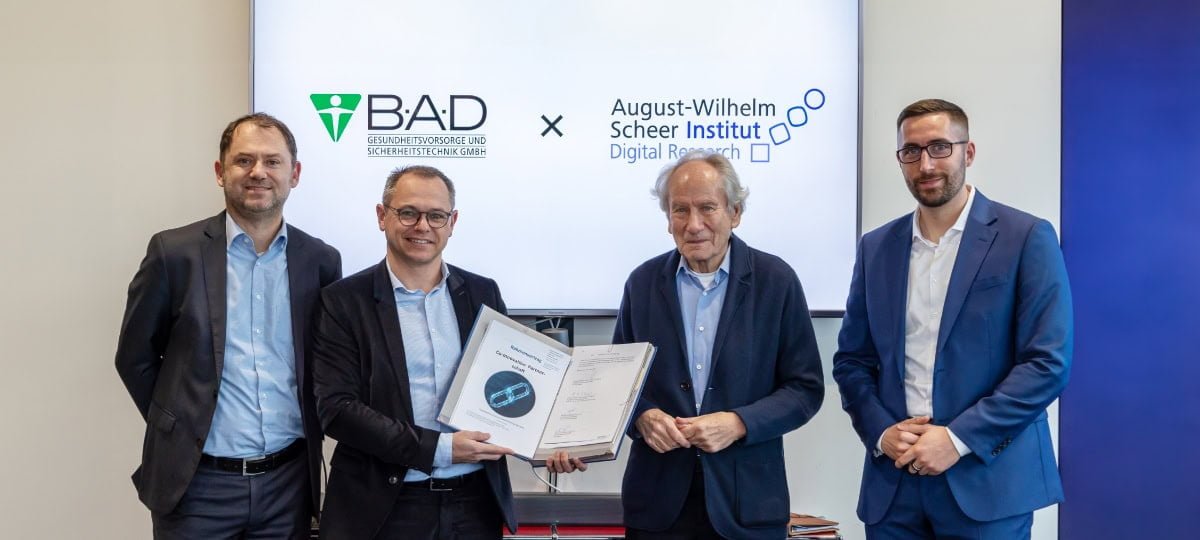Silently into the enterprise IT


We are already witnessing a rapid AI evolution process, in which technological development cycles are following one another at unprecedented speed.
We are in the age of statistical machine learning. As recently as 2005, the "support vector machine" was the epitome of modern technology. A little later, completely new types of neural networks brought a breakthrough in applications such as speech recognition.
Using convolutional networks, which are now very deep, it was possible five years ago to push the error rate in image recognition below that of a trained human brain.
Artificial intelligence in the form of machine learning is fully operational today and is being implemented in many forms in efficient applications. The technology's entry into the world of enterprise IT is mostly silent.
In the area of ERP systems, AI today makes it possible in many places to prevent damage to the business process. This is done through constant control already during the processing of the data.
In this way, suspicious transaction patterns, for example financial transactions as insider trading, can be detected and exposed at an early stage. The most diverse forms of plausibility checks can uncover criminal activities at the outset or also make internal process errors visible.
AI-powered real-time monitoring of the data center and associated communication flows can highlight abnormal situations, helping to increase IT security.
The transformation through AI has also long since begun in many aspects of CRM. Today's level of machine speech recognition and synthesis is just ushering in a wave of rationalization in call centers around the globe.
Customers are not only understood acoustically, your behavior on the phone can also provide deeper insight into their satisfaction. This means that targeted measures can be taken to avert termination by disgruntled customers and a much more positive customer communication can be implemented overall.
In industrial business processes, the age of Industry 4.0 is currently beginning. A central aspect of this upheaval is the integration of value chains.
The old SCM processes must now be fundamentally improved in order to ultimately achieve extremely close integration between supplier and customer - almost as if both work for the same company.
The fourth industrial revolution promises a massive increase in value creation by raising productivity. Artificial intelligence is one of the central technologies for precisely this purpose.
Many simple activities are becoming obsolete as a result of new forms of automation, leading to an across-the-board increase in cost efficiency in production and administration.
The question we should ask ourselves is, what challenges does the disruptive power of AI bring to our society? New job profiles are emerging and old ones are disappearing without replacement.
For this reason, the German government is working with a working group of the Industry 4.0 platform to develop solutions for precisely this problem. This will ensure that the fourth industrial revolution will be managed just as successfully as the third.
Not so long ago, automotive companies employed people who welded together, primed and painted vehicle bodies. It's hard to even imagine that today.
Automation technology has completely replaced human physical strength in many areas. Artificial intelligence will streamline a large part of all manual and intellectual routine activities in the future.
Even if the new intelligent systems increase efficiency in monotonous activities in administration, production and sales, humans with their feelings, flexibility and diversity remain irreplaceable for varied activities - even in the world of tomorrow.




